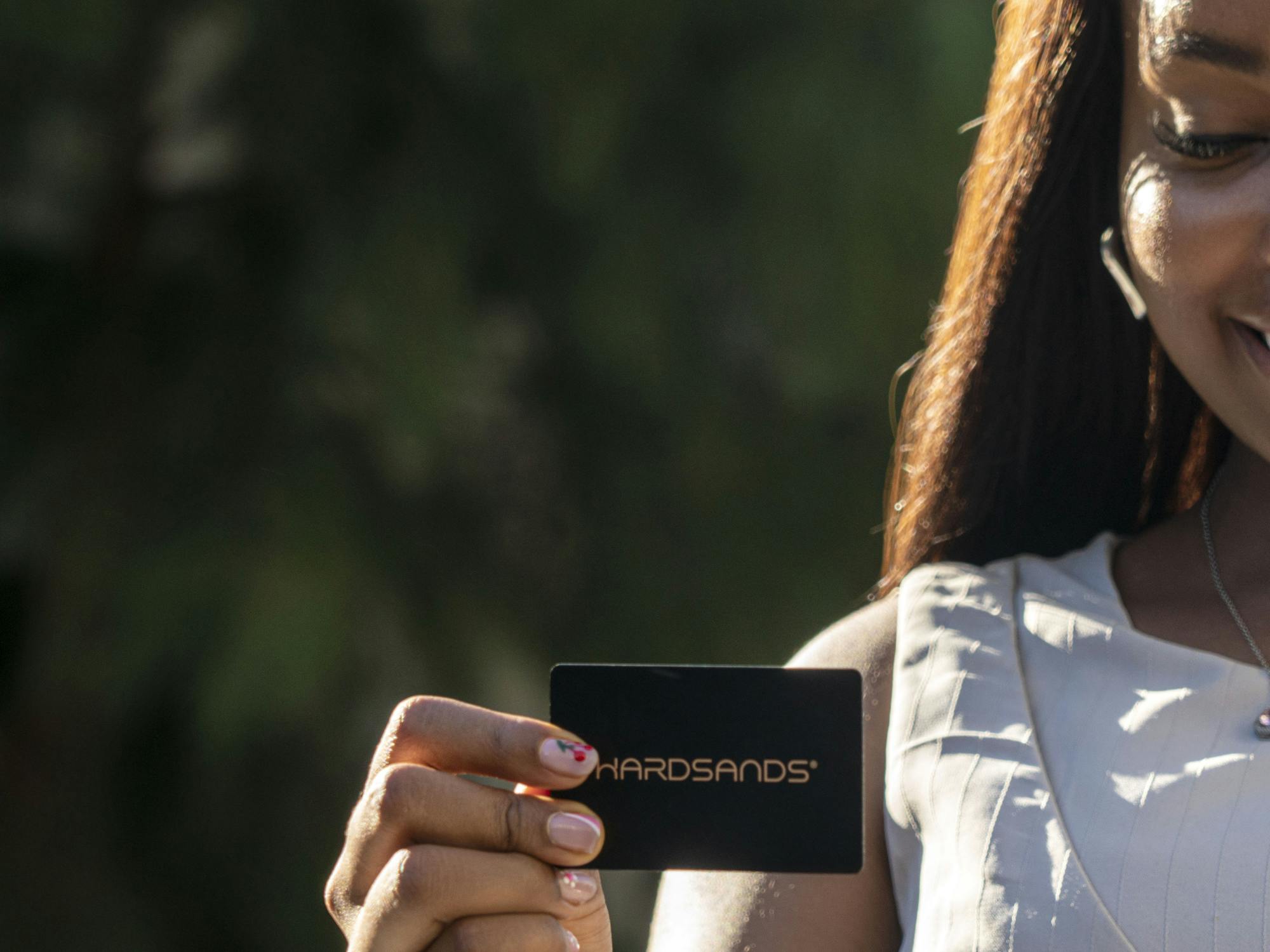Cracking interviews is an essential step in landing your dream job. It's the opportunity to showcase your skills, experiences, and personality to potential employers. However, interviews can often be nerve-wracking and intimidating. In this article, we will explore effective strategies and tips to help you crack interviews and secure that desired job.
Preparing for the Interview
- Before the big day arrives, thorough preparation is key to boosting your confidence and performance during the interview.
- Start by researching the company thoroughly.
- Next, carefully analyze the job requirements. Identify the key skills and experiences the employer is seeking, and reflect on how your own background aligns with these requirements.
- Practicing common interview questions is crucial. Anticipate questions about your strengths, weaknesses, past experiences, and problem-solving abilities. By rehearsing your responses, you can improve your articulation and ensure you highlight the most relevant examples from your professional history.
- Additionally, prepare your own set of questions to ask the interviewer. This demonstrates your curiosity and engagement in the conversation. Inquire about the company culture, growth opportunities, and the challenges associated with the role. This not only helps you gather information but also shows your proactive approach.
Presenting Yourself Effectively
- First impressions matter, so it's essential to present yourself in a professional and confident manner.
- Dress appropriately for the interview, adhering to the company's dress code or opting for a slightly more formal attire. This conveys your seriousness and respect for the opportunity.
- Punctuality is key. Arrive at the interview location a few minutes early to avoid any unnecessary stress or lateness. Being punctual demonstrates your commitment and organizational skills.
- During the interview, show confidence through your body language. Maintain an upright posture, and avoid fidgeting or crossing your arms. A warm smile and firm handshake create a positive first impression.
- Maintaining eye contact throughout the interview is crucial. It reflects your attentiveness and sincerity. Be an active listener, nodding and responding appropriately to show your engagement.
- Lastly, use positive and concise language. Speak clearly, and provide well-structured answers that highlight your qualifications and experiences.
Highlighting Your Skills and Experiences
- Your skills and experiences are the primary factors that set you apart from other candidates. It's essential to effectively showcase them during the interview.
- Customize your resume to highlight the most relevant skills and experiences that align with the job requirements. Emphasize your achievements and quantify them whenever possible. This gives the interviewer a clear picture of your accomplishments and demonstrates your potential value to the company.
- Prepare specific examples for behavioral questions that demonstrate your problem-solving abilities and how you handle challenges. These examples should showcase your ability to think critically, communicate effectively, and work well within a team.
Demonstrating Your Passion and Enthusiasm
- Employers seek candidates who are not only qualified but also passionate and enthusiastic about the role and the company. Showcasing your passion can make a significant difference during the interview.
- Research the company culture to understand its values, work environment, and employee experiences. Incorporate this knowledge into your responses to demonstrate your cultural fit and alignment with the company's values.
- Show genuine interest in the role by asking thoughtful questions about the specific responsibilities and future opportunities. Discuss why you are drawn to the position and how it aligns with your career goals. This genuine enthusiasm can leave a lasting impression on the interviewer.
- Throughout the interview, maintain an enthusiastic and positive attitude. Smile, engage actively, and convey your excitement about the potential opportunity. Your energy and enthusiasm can be contagious and leave a lasting impact on the interviewer.
Handling Challenging Questions and Situations
- Interviews can sometimes present challenging questions or situations. It's important to remain calm and composed while addressing these challenges.
- If faced with a difficult question, take a moment to collect your thoughts before responding. Be honest and authentic in your answers, and avoid exaggerating or providing false information. If a question is unclear, ask for clarification to ensure you fully understand what is being asked.
- Remember that challenges and weaknesses are a natural part of professional growth. When discussing weaknesses, emphasize how you have worked on improving them and what steps you have taken to overcome them.
- Provide concise and confident responses. Be mindful of not rambling or overloading the interviewer with excessive information. Focus on key points and illustrate your qualifications through specific examples.
Building Rapport with the Interviewer
- Establishing a positive rapport with the interviewer can create a connection that sets you apart from other candidates.
- Actively listen and engage in the conversation. Show genuine interest in what the interviewer is saying by nodding, maintaining eye contact, and responding thoughtfully. By actively participating in the discussion, you demonstrate your interpersonal skills and ability to connect with others.
- Show appreciation for the opportunity to interview with the company. Express gratitude for their time and the chance to learn more about the role and the organisation. This displays your professionalism and respect for the hiring process.
- Connect with the interviewer on a personal level when appropriate. Find common ground, such as shared interests or experiences, and build a connection through genuine conversation. This helps create a memorable impression and highlights your ability to build relationships.
- Lastly, display your teamwork and interpersonal skills by providing examples of successful collaborations and your ability to work effectively within a team. Showcase your communication skills, adaptability, and problem-solving abilities, as these are highly valued by employers.
Following Up after the Interview
- The interview doesn't end when you walk out the door. Following up after the interview is a crucial step in the process.
- Send a thank-you note or email to the interviewer within 24 hours of the interview. Express your appreciation for their time and reiterate your interest in the position. Use this opportunity to highlight your qualifications and remind the interviewer of your enthusiasm for the role.
- Reiterate your qualifications and enthusiasm for the position in the follow-up message. Emphasize why you believe you are the ideal candidate and how your skills and experiences align with the company's needs.
- Ask about next steps and timelines to demonstrate your continued interest and eagerness to move forward in the hiring process. This proactive approach shows your commitment and professionalism.
Conclusion
Cracking interviews and landing your dream job involves meticulous planning, confidence, and excellent communication. You can improve your chances of success by researching the organisation, presenting oneself professionally, emphasizing your talents and experiences, exhibiting passion and enthusiasm, handling difficult situations with grace, creating rapport with the interviewer, and following up immediately.
Keep in mind that each interview is an opportunity to learn and progress. Approach each situation with confidence, persistence, and a positive attitude. With the right approach and mindset, you can ace interviews and move closer to your career objectives.



